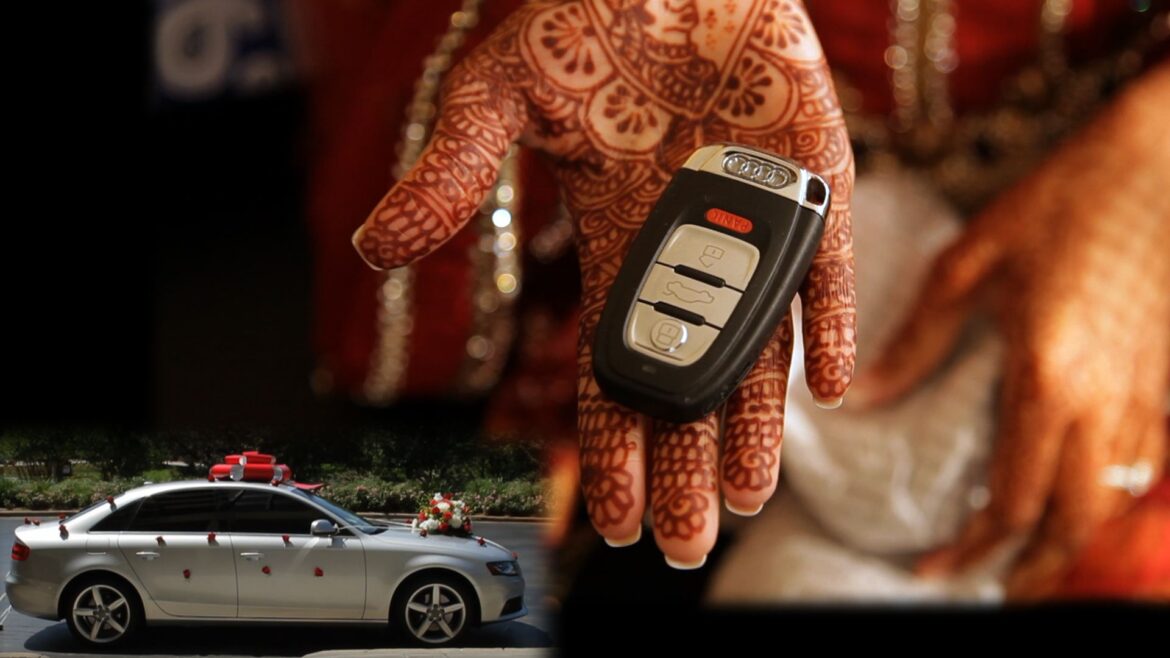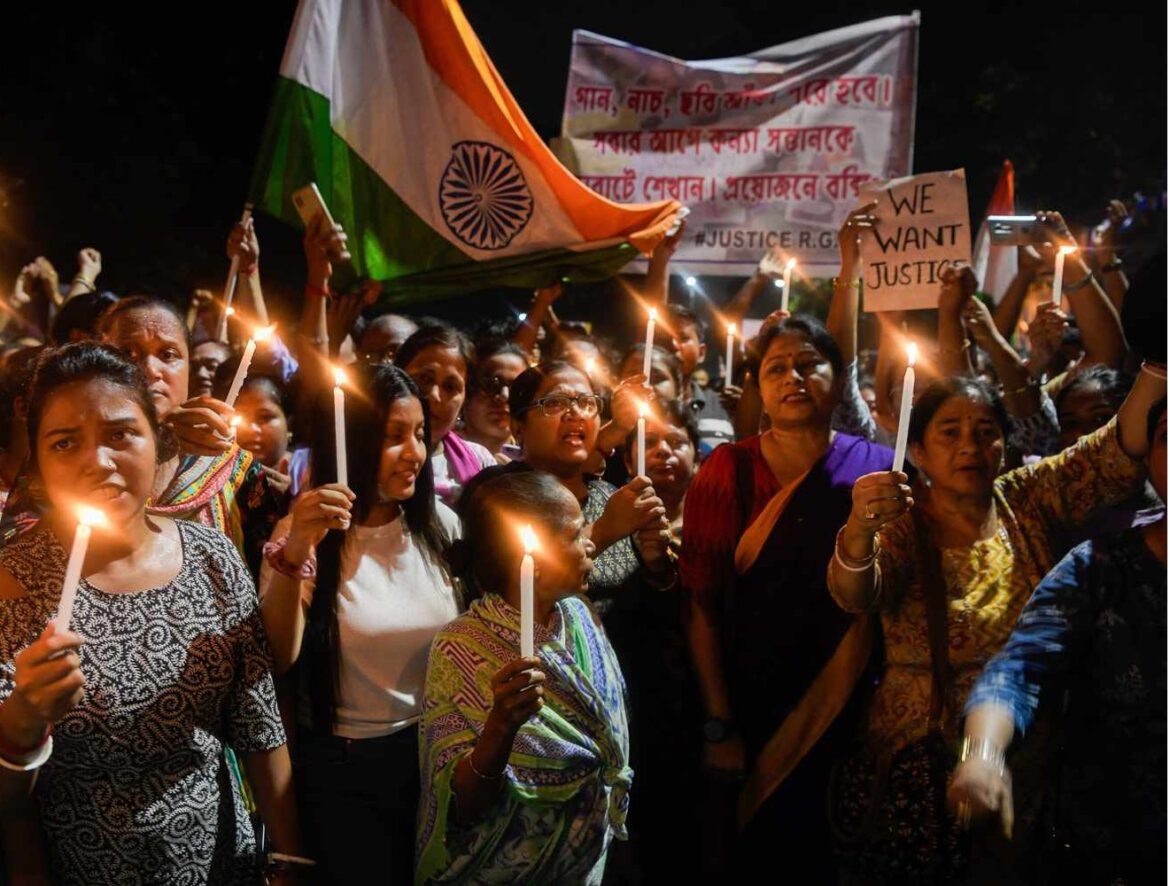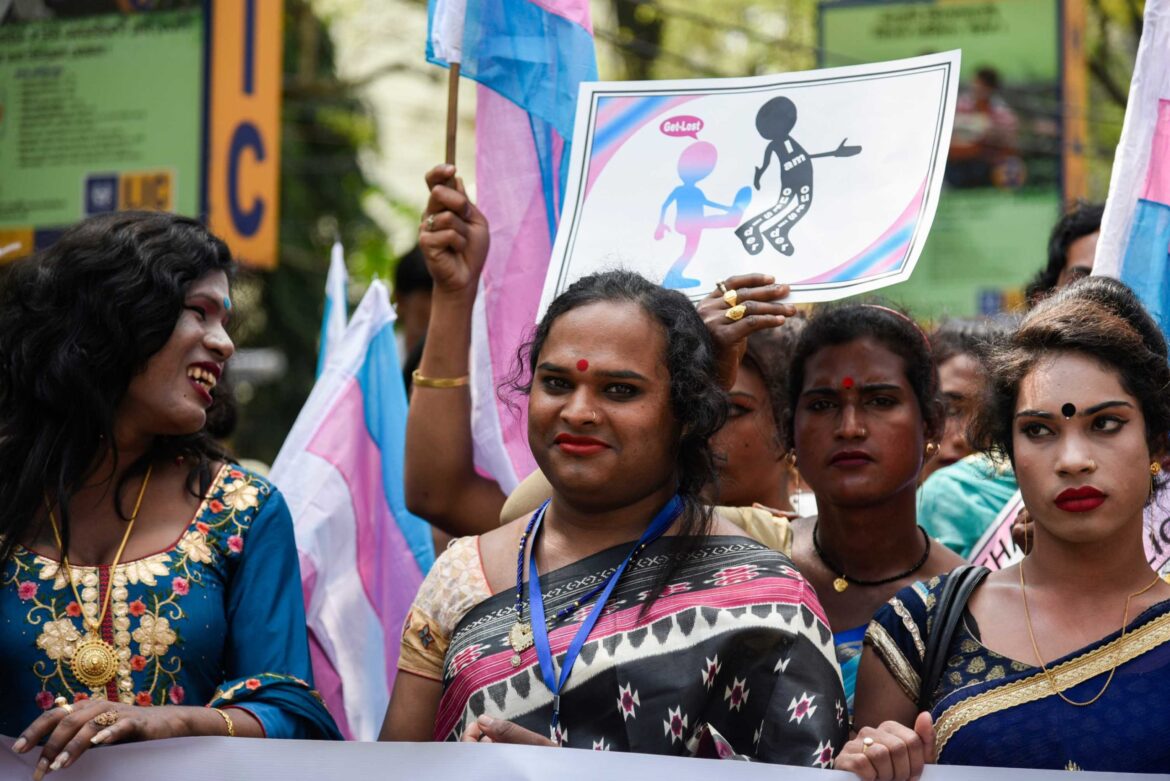By Ishani Dash
I was around five or six when my paternal uncle married my paternal aunt, prompting a huge celebration in the family that people from all parts of the state of Odisha came to attend. I do not remember the size of the wedding; only the joy of meeting a new family member who I felt was sure to love and care for me. It was years later I learned that my grandparents had one strict rule for both their sons’ weddings that they printed on all wedding cards: “Please bring only blessings, no gifts”.
It took me several more years to understand the significance of this statement. In the meantime, I attended many Indian weddings, big and small, enjoying their extravagant displays and/or beautiful simplicity. Over time, I noticed things I had never bothered to see: the system of give-and-take that accompanies many of our great Indian weddings. A large majority seemed to really care what gifts they received and placed those gifts as the defining factor in understanding the strength of their relationships.
In the years since, I have asked deeper questions to the people who have gotten or are about to get married: what importance does a wedding gift hold in your life? Have familial relationships been made or broken due to the type and size of gifts exchanged? How do you resolve conflicts that arise from holding values or ideas that do not subscribe to marital inequity?
Don’t get me wrong – I love wedding gifts, or rather, I love gifts; carefully selected tokens of affection are my love language. I understand that gifts are part and parcel of weddings. My problem is not with gifts; it’s with obligations. Specifically, the obligations for gifting that arise from a groom’s side of the family. These ‘expectations’ (spoken or unspoken) become a euphemism for a darker reality in many traditional weddings, particularly in arranged marriages: a misnomer for the word-we-dare-not-say-out-loud. But here we are, calling it what it is: dowry demand.
The origins of dowry in India are heavily debated. While it is possible that women were provided dowries to secure their comfort with their in-laws, this practice was more or less distorted when British laws prohibited women from owning property. Now a crime under the Dowry Prohibition Act of 1961, dowry has largely become a ‘socially acceptable’ crime as long as it does not involve dowry beatings or deaths: verbal comments about how a bride’s family could have afforded to buy more gold jewelry or household items are well tolerated, even encouraged. A few years ago, researchers Jeffrey Weaver and Gaurav Chiplunkar noticed an alarming trend in their study: dowry payments in India made in the last fifty years amounted to nearly a quarter of a trillion dollars! Accordingly, the amount of dowry expected is now linked to the quality of grooms, driven by education and job opportunities. In other words, if you want to pay off your son’s student loans, get him married off and casually put ‘expectations’ on the table. If the expectations do not match, let your daughter-in-law know that you are very disappointed with the lack of ‘respect’ that a groom’s family surely deserves – after all, they happened to give birth to a boy! And raised him to be a high-quality one too.
In a country where gender reveal is banned across all medical institutions, the relentless pursuit of male offspring continues, fueled by the insidious practice of dowry. ‘Marital rape’ has a separate definition from ‘rape’ because it is not considered a crime just because it happens to take place within the confines of a marriage. We hear about the Taliban’s extreme laws prohibiting women from even hearing other women’s voices and call it gender apartheid, but we refuse to acknowledge the subtle ways we still stereotype genders in archaic norms. In our infinite wisdom, we have calmly accepted actions that keep a married woman’s positioning in society as subjugated to her husband’s as normal or acceptable.
Today, let us call out all those practices. Do you critically examine a bride’s wedding jewelry at weddings? If the bride does not wear enough jewelry, do you view it as some form of disrespect or shame? Do you ask for gifts under some pretext or expect them from your daughter-in-law’s parents? It’s important we reflect on these questions. Our laws may have criminalized dowry, but the sense of entitlement continues, partly because we accept emotional abuse as the status quo in our marriages. A friend once told me her husband commented on their wedding night that a birthday party in their family was held more lavishly than the wedding her parents threw for him! It made me wonder who decided the measure of one’s love or respect was the grandness of one’s celebratory affairs. After all, isn’t one’s wedding day the least important day of their married life? It’s everything that comes after the excitement and nerves of a wedding saga that truly sets the foundation for the rest of a couple’s life.
In a world where all genders are finally being recognized and heteronormative weddings are no longer unthinkable, why have we not moved away from the practice of spending indulgently on a groom and his family for being kind enough to marry a woman? A custom that begins a marriage on uneven grounds, despite both parties entering the marriage equally in every aspect, is nothing but a relic of a bygone era that exploited women and took pride in the fact that less than 1% of Indian women could choose to leave an unhappy home.
Do straight Indian men truly believe they need to be paid, in gifts, cash, clothes, or otherwise, to marry somebody? Unsurprisingly, many do not treat their wives as partners but continue to dismiss her wishes, feelings, and needs – seeing them as trivial or mere ‘wants’. After all, where the foundation of a marriage is not mutual respect, why on earth would a husband suddenly treat his wife any differently after a wedding thrown in his honor?
The sorry state of affairs often continues, unfortunately, well into a marriage, where many women are slowly stripped of their independence until they have nowhere to go and nobody to lean on. Just search the number of disturbed people asking on Quora or Reddit about their in-laws gatekeeping wedding gifts or demanding to keep their bridal jewelry in their lockers for ‘safety reasons’. A woman who tries to leave such a household is met with uncooperative police, unsupportive family members, and a laidback justice system that does little to alleviate her torment. This is not just limited to joint family households in India but is very much a part and parcel of the lives of several non-resident Indians (NRIs) living away from home. It is possible that NRIs are easier to manipulate as they are unaware of the societal progress among their peers and consider ‘Indian customs’ to be their ties to a home they chose to leave. We don’t say the word ‘dowry’ in India, but we sure have learned to hide it in the form of ‘gifts’, ‘expectations’, and ‘respect’. If women refuse to comply, then it is ‘disrespect’. If they agree, it is ‘tradition’.
The feminist in me would break apart if I didn’t hear about people who no longer spend their parents’ lifelong savings on weddings, but plan and fund it themselves; people who celebrate their wedding at a senior citizens’ home; and people who marry the people they love, regardless of their gender. I see a change that I hope will permeate every corner of society, cutting across our man-made definitions of religion, caste, class, gender, skin tone, educational qualifications, and everything else that divides and rules our minds and hearts. But with each heart-melting story of progress, there are countless others resigned to their societal fates.
My only question to all those who continue to threaten, or what they would call strongly request, a woman to show off her parents’ hard-earned money in the form of expensive jewelry and other gifts is: Do you truly believe a marriage built on a foundation of coercion is a marriage at all?
To everyone else entering a marriage this season, please do not let patriarchy win. Please teach your children that self-respect and dignity are non-negotiable. If you like flaunting your jewelry, by all means, do so. But don’t do it out of any sense of obligation, believing this ‘small ask’ will be followed by a marriage based on equality, mutual respect, and trust. It will not happen. A person who loves you will not make you live your life for society unless they are gaining something out of it. And nobody who truly respects you will choose to make you uncomfortable and unheard, least of all your spouse.
My grandparents, I believe, were ahead of their times when they refused to receive wedding gifts for their sons’ weddings. Their ideologies, principles, and values run deep in the family tree. One day, if I have a child who decides to get married, I will do my part to help ensure that their wedding, and hopefully their married life, is nothing but truly and completely, a union of equals.





